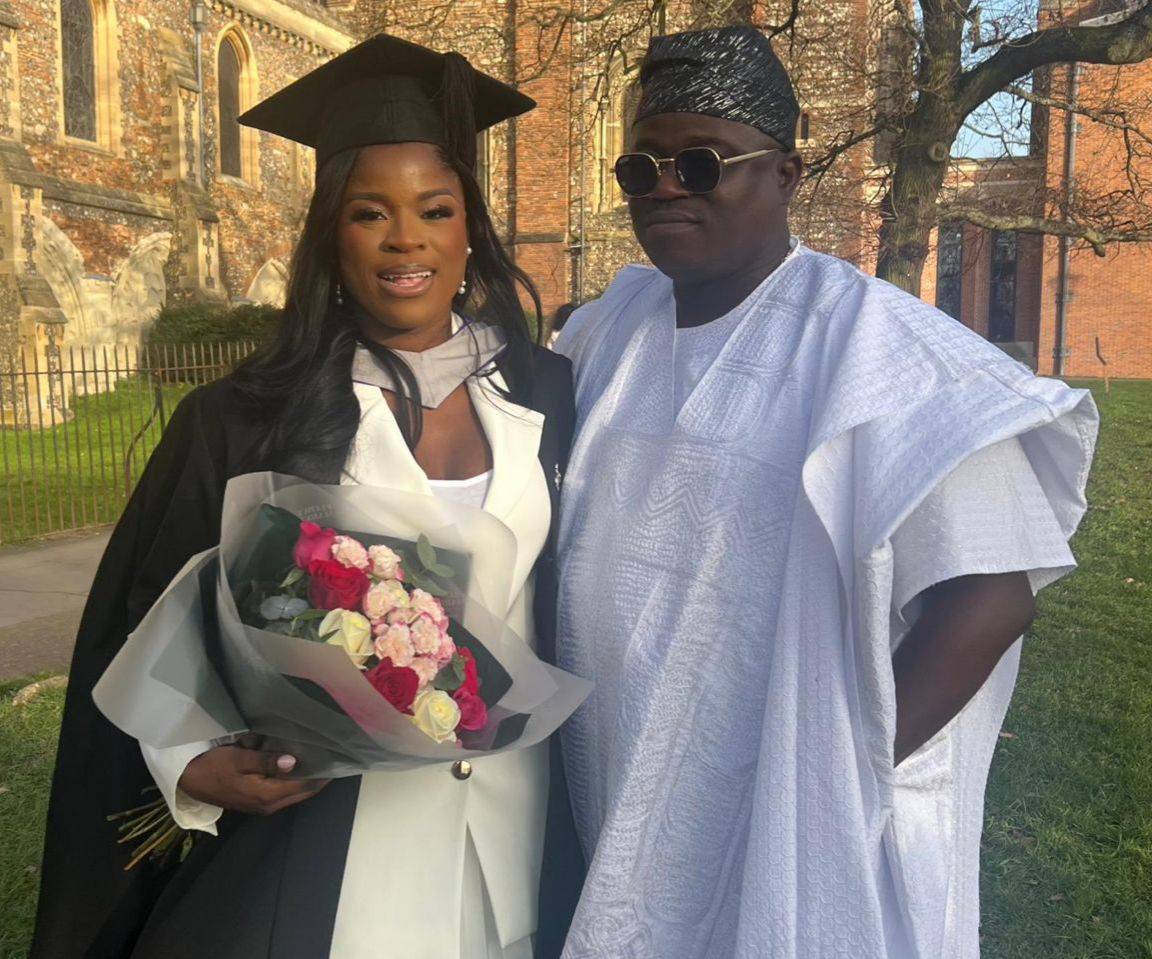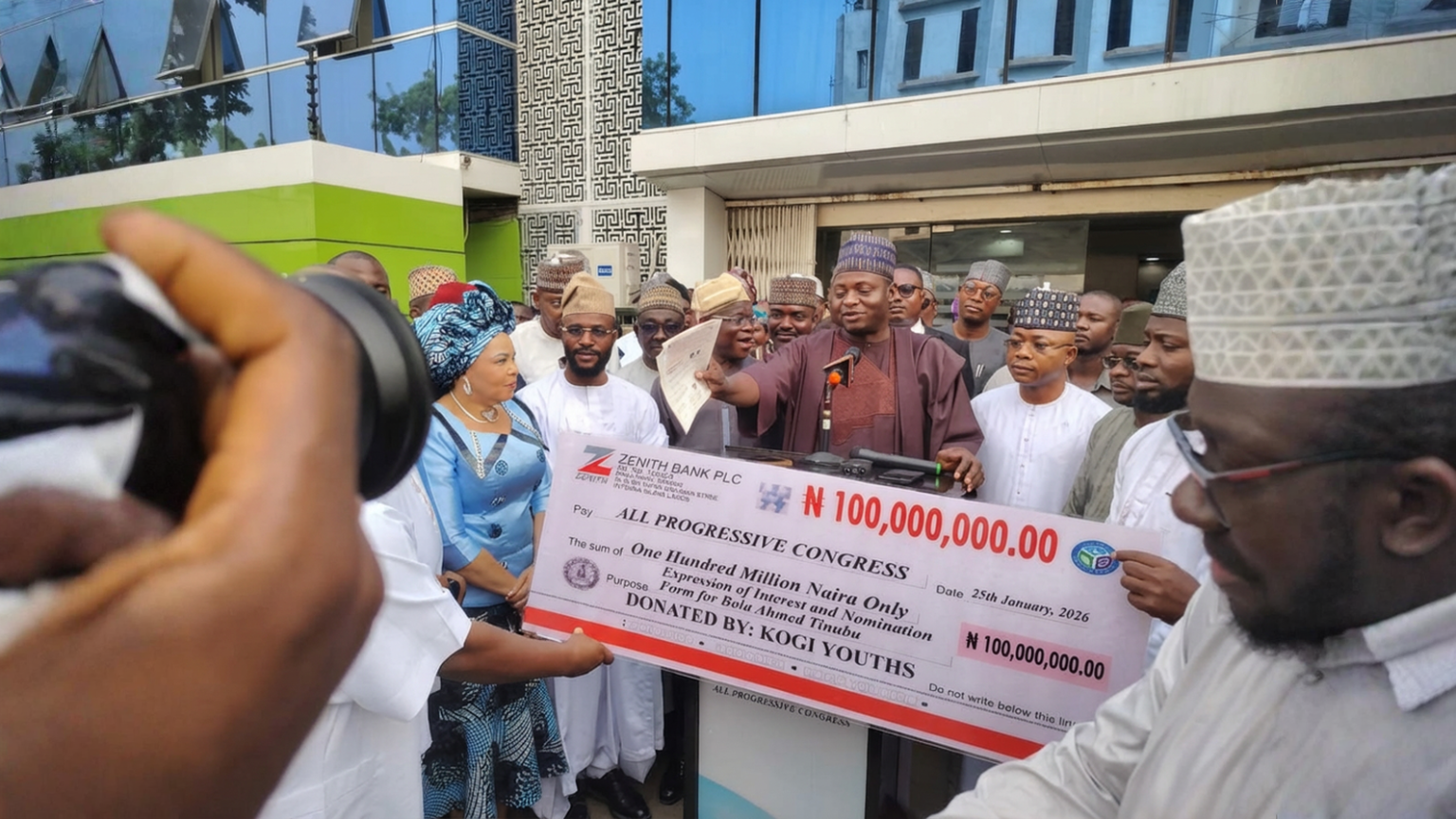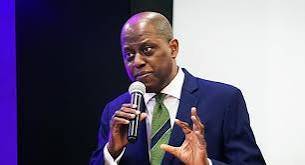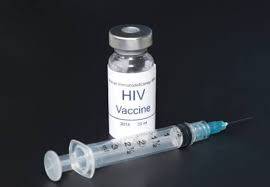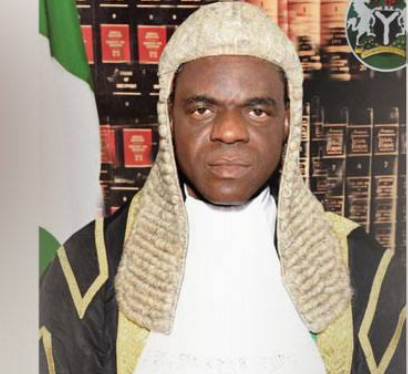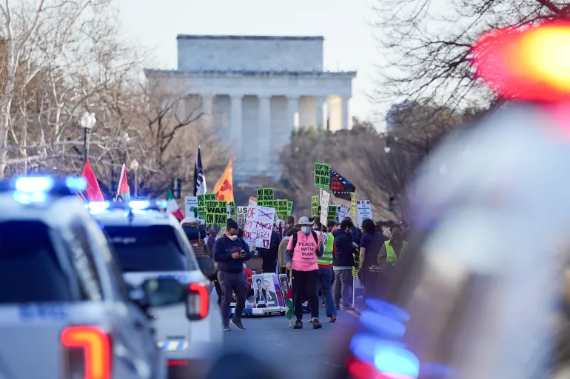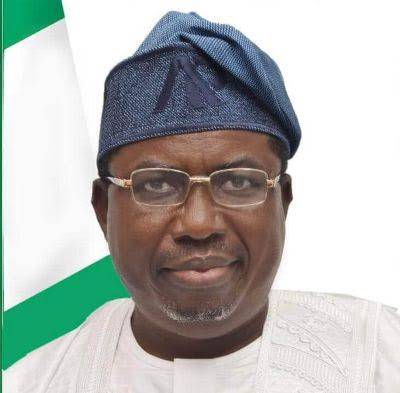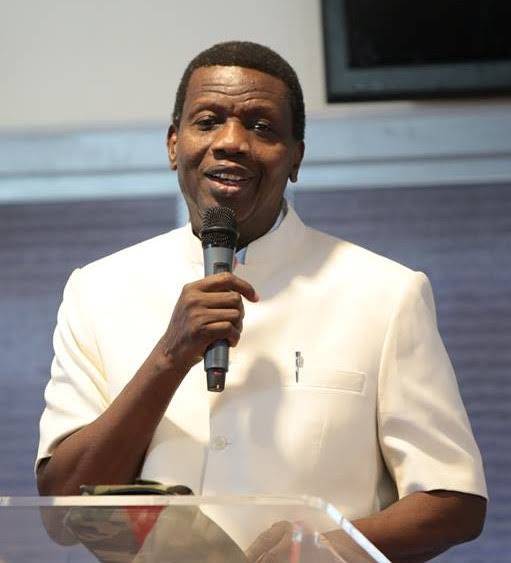By Palladium
Pundits have relied on political antecedents to project 2025 as a defining year for Nigeria. The next elections will take place in 2027, and the primaries in 2026. To stand any chance of influencing the direction of the elections, opposition politicians as well as the present federal administration will need to proactively shuffle the political and economic cards this year. To win the March 2015 presidential and legislative elections, the All Progressives Congress had to be formed about two years before in February 2013, exactly two years and one month. To stand any chance of dislodging Bola Ahmed Tinubu, the then frontrunner in the 2023 presidential election, his opponents in the APC in fact started their manoeuvres about three years earlier when they unhorsed his man, party chairman Adams Oshiomhole, in June 2020. And to win the 2023 presidential poll, President Tinubu in turn began shuffling the cards as early as 2013 when the party was formed, and in particular from December 2014 when he engineered the presidential primary victory of former military head of state, Muhammadu Buhari, in Lagos.
This year will undoubtedly be very eventful. Everyone had better brace for high-wire politics. There will be rumblings in the ruling party itself, but the pushing and shoving in the opposition, and in probably a Third Force, should it emerge, will be imponderable. The opposition’s strength is at the moment diffused, but there is nothing to suggest they can’t get their act together sometime this year in order not to perish separately. It will take some doing, though, given the contrasting approach to politics by the two main opposition parties, the Peoples Democratic Party (PDP) and the Labour Party (LP), and their amorphous leaders, ex-vice president Atiku Abubakar and ex-Anambra governor Peter Obi. Indeed, the opposition has belled the cat of the next polls, with whispers as early as sometime last year, and with dissonant bellow since the beginning of 2025. Their zeal for 2027 permutations will not flag. They will be as exuberant as they are vitriolic.
Meanwhile, Nigerians have a hazy picture of the emergence sometime this year of a Third Force inspired by Nasir el-Rufai, Kayode Fayemi, Rotimi Amaechi, Rauf Aregbesola, and a host of other disgruntled and alienated political leaders. Their success in engendering a formidable Third Force will depend on how fissiparous the PDP and APC become. LP is so gaseous and unstable that few people think it really resembles a political party, and there is nothing ideological or even substantial about the party for anyone to quarrel over. Mr Obi himself maintains a tenuous and dismal hold on the party, and has, aside from his opportunistic and exploitative use of its organs, been a very chary investor in its future. On the other hand, the PDP had been engaged in prolonged bickering before the 2023 presidential election and, more viciously, after their defeat in that fateful poll. They can’t transcend their party leadership squabbles, whether at the chairmanship or national secretary level, and they are unwilling to subordinate their private interests to the party’s future and ambition. And they have so distorted the shape and philosophy of their party that neither they nor anyone else recognises what the party stands for.
Given his rhetoric so far, and having a keener sense of what 2025 should hold than anyone else, Mr Obi appears desperate to become the leading opposition figure, especially with a vacillating Alhaji Atiku unsure just how much of his resources to commit to a party wary of his leadership. In his controversial and sanctimonious New Year statement, Mr Obi assailed the ruling party, denounced its leadership, accused it of attempting to foster dictatorship, and concluded that the APC was incompetent in managing the country’s crises, particularly the economy. But in the eyes of APC spokesmen, the LP leader obviously ignored the reality of the progress made by the ruling party in restoring the economy to an even keel as well as the freedoms Nigerians enjoy and have clearly taken for granted. Soon, the exchange became bitter and threatening, with Mr Obi alleging threats to his life and his family, and the APC spokesmen also accusing the former governor of slander and incitement. The sum of all this is that in the past few weeks, and believing that the 2027 race is a sprint, Mr Obi has managed to keep posturing as the main opposition leader. But it won’t be for long.
The doughty Alhaji Atiku never surrenders until it is impossible to go on. He may not reach that threshold of needing to surrender this year, least of all to the flaky and sermonising Mr Obi, but he will keep his eyes trained on both the APC and the main prize, while he sees the noise of the LP leader as a tangential and necessary distraction to flummox their common enemy. For much of this year, the former vice president will amuse himself with the stifling anachronisms of his main contender for the opposition crown, and rest assured that Mr Obi will burn out in his exploitation of religious and ethnic divisions, not to talk of the sinister manner he has indirectly nurtured the Obidient mobocrats in the service of base interests. What is more, he will continue to manipulate the emotions of the people and prey on their fears. Alhaji Atiku may in a limited way possess the stamina to take the long-term perspective in politics, and hopes to flourish this year when it is needed, he will, however, have to contend with his abysmal lack of capacity to run a political party and his reluctance to get his hands dirty in resolving fratricidal differences. In politics, he prefers the clean and jerk, as he demonstrated in the Action Congress (AC) in 2007, and in his first and second attempts at the presidency on the PDP platform in 2019 and 2023. But fortunately for him, Mr Obi is cut from the same cloth in the LP whose dying embers are visible from 10 kilometres away.
Farsighted politicians, including former governors like Jigawa’s Sule Lamido, are apprehensive of the APC’s staying power and capacity to plot mischief. They fear that in the build-up to the next elections, starting from this year, there will be more defections to the ruling party, and even opposition lawmakers and governors will be more amenable to the wishes of President Tinubu. They suggest that only a coalition of opposition parties stands the chance of defeating the APC in 2027. How to form that coalition and find an altruistic leader to sacrifice self interest for public and party interest will, however, prove exceedingly difficult. Ambitious politicians who take a short-term perspective of politics hardly prove capable of sacrificing anything, let alone the presidency which all of them desperately covet. Opposition leaders have luxuriated in the exciting idea of a mega coalition, as if the very nature of the term is powerful and sufficient enough to gift them the highest office. But the three main opposition leaders, to wit, Alhaji Atiku, Mr Obi, and New Nigeria People’s Party (NNPP) leader Rabiu Musa Kwankwaso, have time and time again displayed egotism of the highest order. None of them possesses the needed altruism to bury personal ambition in order to advance a common and nobler cause.
If the main opposition parties and leaders are unable to form a coalition, might the putative leaders of the Third Force be up to the task? In theory, they are capable. All of them are, however, aware of their limitations; and having been out of office for some years and are now presumably rid of the egotism that afflicts office holders in these parts, they may be prepared to eat humble pie. They will sacrifice anything and do everything, they say, to erase the president’s self-satisfied smirk. But they lack the resources and mischief which the PDP is capable of summoning for a common cause, and the ready army of charlatans and cannon fodder which the LP can muster at the bat of an eyelid. If they repose hope in some secret financiers angry enough to want to invest in their gambit, they may have to wait for much longer than they think. Today, given the sophistication in tracking movement of funds, as the last election proved to the chagrin of some business moguls, no tycoon worth his name will take such foolish risks of funding the opposition, not to talk of an obsolescent opposition. The Third Force will remain an entertaining option in Nigerian politics, but in 2025 they will be hobbled by a lack of resources and will thus be unable to bite as much as they bark. After all, their feeble alliance is backed not by any coherent ideology but by their common lack of loyalty to a mentor, and by their callous betrayals, ruthlessness and iconoclasm.
But the ultimate game changer in 2025 will be the economy. If it is revived on time and on a sufficient scale that significantly betters the lives of Nigerians before the end of the year, the opposition will be disarmed, and even soothsayers who have in recent years become less coherent in their predictions for the year and the future will also begin to hem and haw. Like any epidemic that runs its course, Nigeria’s ravaged economy may have inflicted its worst on the people and has in fact begun to mend. Contrary to Mr Obi’s New Year statement, the Tinubu administration has actually stabilised the economy which neared a free fall in 2023. Nearly all sectors are responding to treatment, perhaps not as fast as the people hope, nor as deep as may be needed for a major and consequential impact, but in 2025, the economy is unlikely to relapse into torpor again, since the administration had wisely spent its first two years in office executing nerve-racking and backbreaking reforms. Indeed, nearly all economic indicators are looking up, whether in growth figure or in forex stability, or in foreign direct investment. If the economy keeps looking up in the year, the hands of the opposition will be conversely weakened. And if the global economy does not prove adverse to Nigeria’s economic recovery, the opposition will be hard put to diminish the ruling party’s 2027 chances.
This year will also witness the ups and downs and the push and pull of insecurity. If the security agencies think a little outside the box, clean up their act, and add more zeal and imagination to their counterinsurgency efforts, Nigerians may actually be witnessing the dying embers of violent extremist groups. Security agencies have admitted that kinetic measures are insufficient to get the better of insecurity, but they and the federal and state governments have not shown enough appreciation of why these groups were birthed and why they have so far largely resisted most countermeasures. Some analysts emphasise the role played by economic factors, chiefly poverty; but other commentators point at the manipulation of religion. Elite irresponsibility in many parts of Nigeria has encouraged all sorts of successful challenges to the state; yet political and community leaders have refused to accept responsibility for being accessories to the breakdown of law and order. Whether in the Northeast, Northwest or Southeast, political and community leaders have been complicit in promoting insecurity and other diverse challenges to the system. Despite the occasional eruptions and last gasps, however, insecurity may finally begin to relent.
In 2025, the Southwest appears alarmingly poised to be infected by the same malaise that predisposed other regions to various insurgencies. The remarkable secularism of the Southwest is being eroded inch by inch, and mile by mile, starting with seemingly innocuous religious observances and cultures, at a time when many previously theocratic states in the world have begun to recognise the drawbacks of obliterating the divide between state and religion. If they do not take conscious steps to free themselves from the claws of sectarianism, they will inherit the doom other regions are extricating themselves from. Days ago, both the Department of State Service (DSS) and Governor Seyi Makinde raised the alarm about creeping terrorism in the region, with international terrorist organisations allegedly finding a toehold in Osun and Oyo States. The DSS has announced the arrest of a terrorist cell in Osun, and the Oyo governor has also alleged that bandits and Boko Haram militants flushed out from the North are finding refuge in Oyo forests. Domestic terrorists will always find refuge and accommodation in communities that flirt with sectarianism and denude their secularist heritage. The hitherto peaceful Southwest is openly flirting with non-secularists and terrorists, years after herdsmen pillaged their region. Are they gluttons for punishment? They will suffer destabilisation and retrogression if they do not begin to walk back the folly of romancing the politics and religion of exclusion.
The far North has been reluctant to accept responsibility for birthing Boko Haram and banditry and the poverty the menaces have accentuated, despite the punishing genocide the crises have caused. Soon after the restoration of civil rule in 1999, they scorned the constitution and jumped into bed with sectarianism bordering on theocracy, notwithstanding the advance warnings Maitatsine religious revolts of the 1980s gave them about the dangers of such flirtations. In fact, instead of firmly dealing with religious extremism over the decades, they cuddled it, refused to prosecute those who engaged in mass murder in the name of religion, and pretended as if there would be no consequences. But the consequences came inescapably, and instead of putting out the fire, they at first handled Boko Haram with kid gloves, and then sponsored it until it grew into a Frankenstein monster. They then excused banditry in the name of reclaiming past grazing practices, but had no idea how to deal with what they finally acknowledged was a civil war between the Hausa and Fulani. It is expected in 2025 that the establishment of a placating Livestock ministry would mitigate the violent clashes between farmers and herders. It is not certain why the government hopes that the ministry is enough placation when the North’s complicit leaders have learnt no lessons from their errant ways.
Overall, optimism will likely remain high this year, as signposted by the oil sector recovery, while insecurity may reduce significantly, the economy maintain its steady positive trajectory on all indicators, including on unemployment and inflation, and hardship ameliorated. The administration will, however, need to sustain these gains by undergirding them with some social engineering measures to reorient Nigerians away from decades of entitlement and undue reliance on the state’s feeding bottles. In the end, each person owes himself a living. Despite the alarms Alhaji Atiku and Mr Obi have repeatedly raised about the hypothetical erosion of civil rights, it is unclear whether they can substantiate their allegations or find enough corroborations to justify their hysteria. As a measure of the political stability so far engendered by the Bola Tinubu administration, Nigerians at home and abroad have become fairly upbeat about their country, and they will be even more optimistic this year if nothing earthshaking undermines that hope. On its own, having survived nearly two years of bitter recriminations by the opposition, coup instigators, and rash of protests, the administration may have begun to understand that no positive achievement will be enough to dissuade opposition parties and a section of Nigeria’s regional elites from plotting its defeat in the next elections. But before 2025 is over, many pundits who have for months been unable to see the wood for the trees, partly because they have also become partisan, should more competently be able to determine how this year would impact the events of 2026 and particularly 2027.
Culled from The Nation



